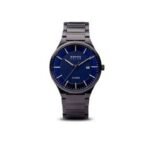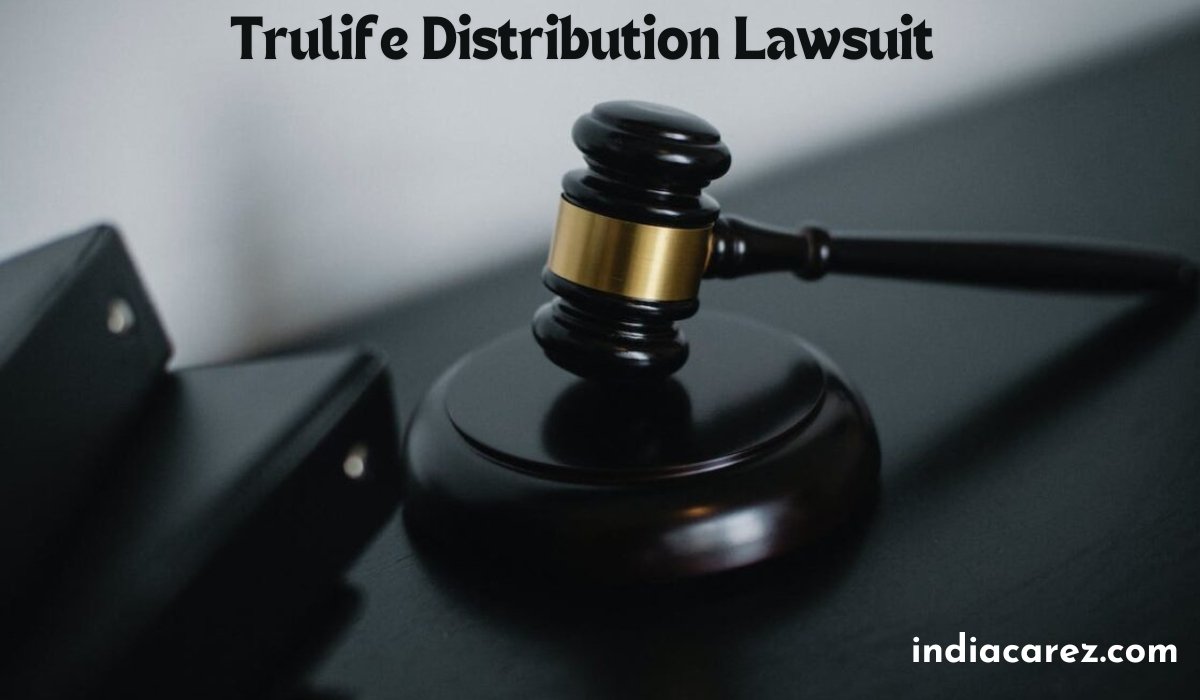In the intricate world of business, legal battles often highlight not just disputes but the underlying competitive dynamics and ethical considerations that shape industries. One such case is the lawsuit involving Trulife Distribution and Nutritional Products International (NPI). This legal battle has drawn attention from business professionals, marketing experts, and the legal community alike due to its complex nature and the dramatic family connections at its core.
The Parties Involved
Nutritional Products International (NPI)
Founded in 2008, Nutritional Products International (NPI) has established itself as a world-renowned distribution platform for nutritional brands. NPI serves as the U.S. headquarters for numerous international brands, helping them navigate the complexities of entering the American market. The company’s extensive experience and reputation have made it a trusted partner for foreign brands looking to establish a foothold in the U.S.
Trulife Distribution Lawsuit
Trulife Distribution, established in 2019, performs a similar function to NPI, acting as a distribution platform for brands in the United States. Despite being relatively new, Trulife has quickly made a name for itself in the industry. The company’s founder and CEO, Brian Gould, brings a wealth of experience to the table, having spent 13 years working at NPI, including serving as its President before founding Trulife Distribution.
A Family Affair
The connection between NPI and Trulife Distribution is not just professional but deeply personal. Mitch Gould, the Founder and CEO of NPI, is Brian Gould’s father. This family relationship adds a layer of complexity and drama to the lawsuit, as it involves not only business competition but also family dynamics.
Brian Gould’s tenure at NPI saw him climb the ranks to the position of President, where he played a significant role in the company’s operations and strategy. His decision to leave NPI and start Trulife Distribution set the stage for an intense legal battle, given the overlapping nature of their business models and the familial ties.
Core Allegations
The lawsuit filed by NPI against Trulife Distribution centers around allegations of deceptive trade practices and unethical conduct. Specifically, NPI accuses Trulife of engaging in actions that misled clients and damaged NPI’s reputation. The core allegations include:
Misuse of Case Studies
One of the primary allegations is that Trulife Distribution used NPI’s case studies, which NPI touted as its “success stories,” and passed them off as their own. These case studies were instrumental in NPI winning business and signing new clients. By using these success stories, Trulife was allegedly able to attract clients under false pretenses, leveraging NPI’s hard-earned reputation and achievements.
Fraudulent Emails
Another serious allegation is that Trulife Distribution sent emails that appeared to be from NPI but were fraudulently created. These emails were purportedly designed to sabotage NPI’s business relationships and divert clients to Trulife. Such actions, if proven, would constitute a severe breach of business ethics and could have significant legal ramifications.
Legal Proceedings
NPI filed its lawsuit against Trulife Distribution in May 2022 in a U.S. District Court in Florida. The lawsuit aimed to address the alleged deceptive practices and their impact on NPI’s relationship with existing and prospective clients. The legal proceedings have been closely watched by industry insiders, given the high stakes and the potential implications for both companies.
The court filings detail the specific allegations and the evidence presented by NPI to support their claims. These documents provide insight into the strategies employed by both parties in the courtroom and the legal arguments made to substantiate their positions.
Resolution
The Trulife Distribution lawsuit has since been resolved, but the details of the resolution are not provided in the available sources. The lack of transparency regarding the outcome leaves several questions unanswered, particularly concerning any settlements or agreements reached between the parties.
Despite the resolution, the lawsuit highlights several critical issues in the business world, including the importance of ethical conduct, the potential for conflicts of interest in family-run businesses, and the competitive tactics employed in the distribution industry.
The Competitive Dynamics
The legal battle between NPI and Trulife Distribution underscores the competitive nature of the distribution industry for nutritional products. Both companies operate in a space where reputation, client trust, and proven success are paramount. The allegations of deceptive practices raise broader questions about the lengths to which companies might go to secure business and the ethical boundaries they should respect.
Ethical Considerations
The lawsuit against Trulife Distribution serves as a cautionary tale for businesses about the importance of maintaining ethical standards. Using another company’s case studies and sending fraudulent emails, as alleged, represent clear violations of ethical norms. Such actions not only expose companies to legal risks but also harm their reputation and relationships with clients.
Family Dynamics
The family connection between Mitch and Brian Gould adds an intriguing dimension to the lawsuit. Family-run businesses often face unique challenges, including conflicts of interest and the potential for personal relationships to influence business decisions. The Goulds’ situation exemplifies how these dynamics can complicate professional relationships and lead to legal disputes.
Implications for Business Professionals and Marketing Experts
For business professionals and marketing experts, the Trulife Distribution lawsuit offers several valuable lessons. Understanding the competitive landscape, maintaining ethical standards, and carefully managing client relationships are essential for long-term success. The case also highlights the importance of clear communication and transparency in business dealings.
Lessons for Entrepreneurs
Entrepreneurs can learn from the Trulife Distribution lawsuit by recognizing the importance of building a business on a foundation of integrity. While aggressive marketing and competitive tactics may yield short-term gains, they can lead to significant legal and reputational risks. Building trust with clients and maintaining ethical practices are crucial for sustainable success.
Insights for the Legal Community
For the legal community, the lawsuit provides a detailed case study of how business disputes involving allegations of deceptive practices can unfold in court. The case highlights the types of evidence that can be presented, the legal arguments that can be made, and the potential outcomes of such disputes. It also underscores the role of legal counsel in navigating complex family dynamics and business relationships.
YOU MAY ALSO LIKE
Navigating the Storm: The Great Western Buildings Lawsuit Explained
Conclusion
The Trulife Distribution lawsuit against NPI is a complex and multifaceted case that sheds light on the competitive dynamics, ethical considerations, and family connections in the distribution industry. While the resolution remains undisclosed, the lawsuit serves as a valuable reminder of the importance of transparency and ethical conduct in business dealings.
As the industry continues to evolve, companies must navigate the fine line between competitive strategies and ethical practices. The lessons learned from the Trulife Distribution lawsuit can help business professionals, marketing experts, and legal practitioners better understand the challenges and opportunities in the distribution sector.
Frequently Asked Questions
- What was the main allegation in the NPI vs. Trulife Distribution lawsuit?
The main allegation was that Trulife Distribution used deceptive practices, including leveraging NPI’s reputation without permission and sending fraudulent emails.
- When was the lawsuit between NPI and Trulife Distribution filed?
The lawsuit was filed in May 2022 in a U.S. District Court in Florida.
- Were the details of the resolution between NPI and Trulife Distribution made public?
No, the specific details of the resolution were not disclosed in the available sources.
- Why is the family connection between Mitch and Brian Gould significant in the lawsuit?
The family connection adds complexity due to potential conflicts of interest and personal relationships influencing business decisions.
- What lessons can entrepreneurs learn from the Trulife Distribution lawsuit?
Entrepreneurs should prioritize ethical conduct and transparency to build trust and ensure long-term success, avoiding deceptive practices that could lead to legal troubles.












